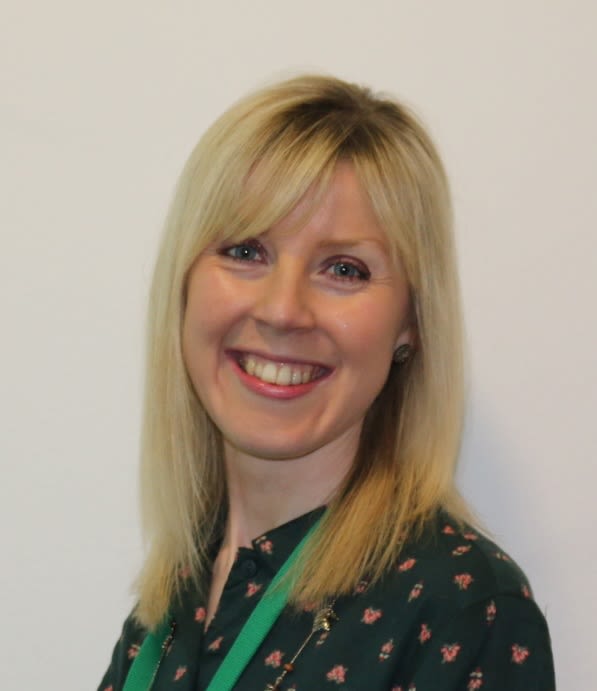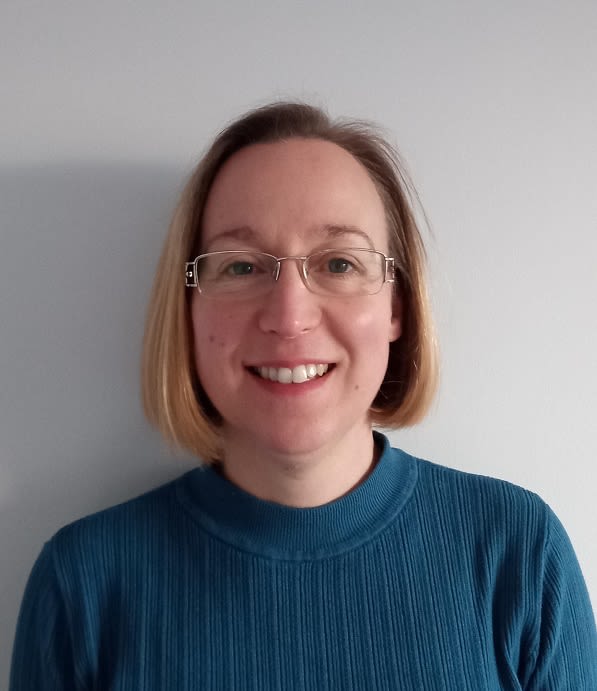Using NICE to support evidence-based practice
A social work case study

For NICE's users, having quick and easy access to useful and usable evidence-based recommendations is paramount. NICE works with the adult and children's care sectors to develop independent recommendations for social care. We also develop clinical and public health advice and guidance. This allows an integrated approach to supporting people and meeting their needs.
Rachel Scourfield is a consultant social worker at Neath Port Talbot County Borough Council. Rachel outlines the work she’s been doing to embed NICE's evidence-based recommendations.


"Working with the social workers at Neath Port Talbot has been a wonderful journey. In the beginning, they had little awareness of NICE. Now, they are inspiring others to use NICE guidance as part of evidence-informed decision making."

"Using NICE guidance has been a massive awakening for me. Having the confidence to quote NICE helps me to open doors for my service users."
A visit from NICE's field team
“I’m passionate about evidence-based practice,” begins Rachel. “So, I was keen to understand how NICE guidance could support us to get the best outcomes for the people we work with.”
The council’s consultant social worker network invited NICE’s implementation facilitator to their monthly meeting. NICE's field team works with organisations and networks to help with their implementation activities.
“I already had some knowledge of NICE,” Rachel explains. “I previously worked as a social worker within a multi-disciplinary drug and alcohol team. I was aware that my medical colleagues used NICE guidance, but I had limited knowledge of NICE’s social care guidelines.”

Retrospective case audit
To consider how NICE could support social work best practice, Rachel carried out a retrospective case audit, looking back at some of her previous cases. She then considered whether NICE’s recommendations could have helped her at key decision points.
“One case that stood out for me related to a service user with co-existing mental health and substance misuse needs,” recalls Rachel. “The mental health team refused an assessment because the service user was using substances.”
NICE has produced guidance on coexisting severe mental illness and substance misuse. This makes clear that mental health services should not exclude people because of substance misuse.
“If I’d had the knowledge to quote NICE guidance, perhaps doors would have opened more quickly,” reflects Rachel. “The people I was trying to influence hold NICE guidance in high regard. If I had used it to back up my requests, my arguments would have held more weight. It would have given me a more professional stance.”


Rachel used NICE guidance from the point of referral in a complex pregnancy case.
Rachel used NICE guidance from the point of referral in a complex pregnancy case.
A complex pregnancy case
Following the retrospective case audit, Rachel was keen to use NICE guidance to support her social work practice from the point of referral. “I was assigned a complex pregnancy case,” she states. “The client had a long and complicated history with support and treatment services. She was in a violent relationship, was experiencing homelessness and dependant on heroin.”
Rachel used the following guidelines to help achieve better outcomes for both the new baby and the mother:
- Pregnancy and complex social factors: a model for service provision for pregnant women with complex social factors
- Coexisting severe mental illness and substance misuse: community health and social care services
- Coexisting severe mental illness (psychosis) and substance misuse: assessment and management in healthcare settings.
“NICE offered clear direction in a complex situation,” Rachel says. “Being able to reference NICE’s recommendations helped facilitate productive discussions between social workers, health and midwifery colleagues. I also used them within child protection meetings and to raise awareness of expectations with housing partners."
Sharing the knowledge
Part of Rachel’s role is to disseminate good practice, building up the social care workforce’s skill set. Working with NICE’s field team, she developed a half day training programme, ‘An introduction to evidence-based practice’.
“The training aims to raise awareness of NICE among social workers within adult and children’s services,” she says. “It explores the need for evidence-based practice within the profession. We finish with a practical exercise in which attendees navigate NICE’s website to identify relevant recommendations on a particular case.”

Next steps
Rachel has applied for a National Institute for Health Research (NIHR) Developing Research Leaders Award.

The award is part of NIHR School for Social Care Research’s commitment to build research capacity in adult social care. If successful, the funding will enable Rachel to step away from frontline social work, dedicating her time to developing evidence-based practice.
“I have ambitions to develop a 'train the trainer' programme,” she reveals. “I’d also like to set up case mapping clinics. These are surgeries where social workers come with a case they’re working on. We can guide them through the key decision points, using the latest research and guidance.”

Rachel has plans to develop a train the trainer programme.
Rachel has plans to develop a train the trainer programme.
Rachel sums up her NICE journey with these words of enthusiasm, “My professional competence has improved. My confidence has grown. I’m now evidencing research in every level of my communications – from case recordings to multi-agency review meetings. It’s great to have NICE in my toolkit, guiding my practice.”